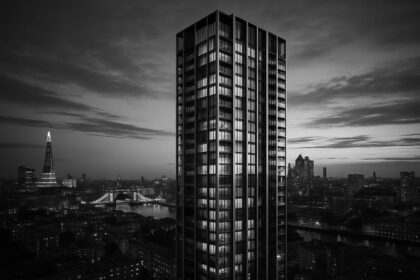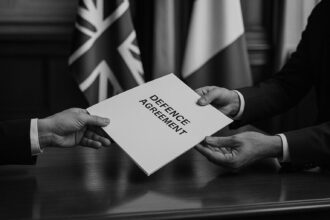Humza Yousaf, head of the SNP, pledges to remove all Conservative influence in Scotland while key defence strategies post-independence spark debate.
Humza Yousaf, the leader of the Scottish National Party (SNP), has announced plans to campaign for Scotland to become “Tory-free” in the forthcoming general election. Speaking to party members in Perth, Yousaf called for the rejection of Conservative (Tory) politicians, policies, ideas, and values across Scotland. He highlighted that in each Tory-held seat in Scotland, the SNP is the main challenger, positioning the SNP as the vehicle to eliminate Tory influence in Scottish constituencies. This statement drew criticism from Meghan Gallacher, the Scottish Conservative deputy leader, who argued the SNP neglects rural Scotland, and from Dame Jackie Baillie, the Scottish Labour deputy leader, who accused the SNP of lacking future plans beyond pursuing independence.
In a related development, Professor Malcolm Chalmers of the Royal United Services Institute discussed potential defense scenarios for Scotland in the event of independence. According to Chalmers, UK armed forces could remain stationed in Scotland for up to 20 years post-independence, a transition he suggests could include the continued integration of Scottish and UK military forces. One of the most significant challenges identified is the relocation of Trident, the UK’s nuclear deterrent, from its current base at Faslane on the Clyde. The Scottish Government’s independence prospectus includes plans for NATO membership, establishing a Scottish defense force and intelligence agency, and removing nuclear weapons from Scotland. However, Chalmers emphasized the necessity of close cooperation with the UK throughout this transition, noting the complexities of defense collaboration and the negotiation around Trident and the presence of UK forces in Scotland post-independence.













